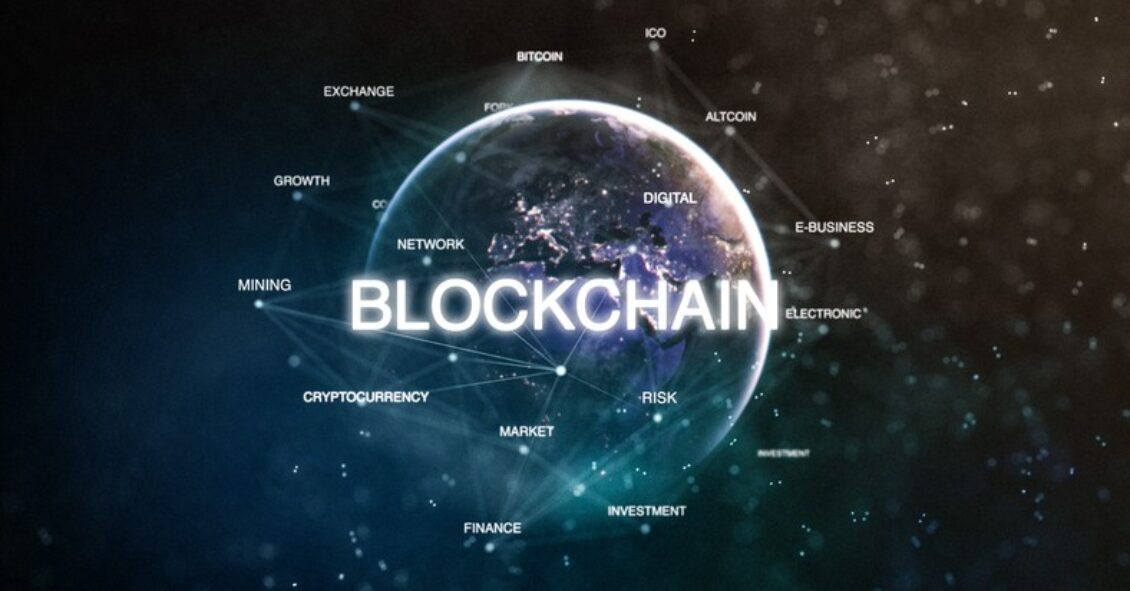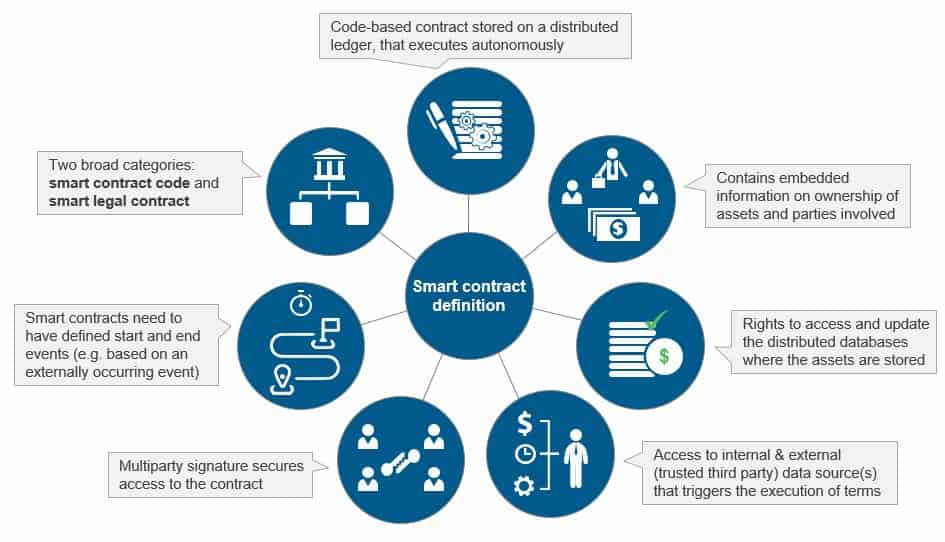
In 2015, Denver-based Chipotle Mexican Grill suffered a major crisis with an E. coli outbreak that left 55 customers ill. Sales plummeted, news stories and investigations shattered its reputation, and the restaurant chain’s share price dropped 42 percent, to a three-year low, where it has languished ever since. Why couldn’t Chipotle prevent or contain it? What triggered it?
The answer lies in an ever-present scenario companies face – dependence across multiple vendors and lack of transparency and accountability across complex supply chains. A radical solution, using blockchain technology, is rapidly emerging, and is being explored by a slew of startups and corporations.
Blockchain allows supply chain managers to attach digital tokens – a unique, negotiable form of digital asset – to intermediate goods as they progress along the production, shipping, and delivery phases among different supply chain players. This gives businesses far greater flexibility to find markets and price risks, by capturing the value invested in the process at any point along the chain.
Blockchain in Action
One example of blockchain in action is Walmart working with IBM and Beijing’s Tsinghua University to follow the movement of pork in China. Another is BHP Billiton, a mining giant, using the technology to track mineral analysis conducted by outside vendors. Everledger, a dynamic startup, has already uploaded unique data on more than a million individual diamonds to a blockchain ledger system, thus developing quality assurances and helping jewelry market associations comply with regulations barring “blood diamond” products.
“Smart contracts,” an application based on blockchain technology – buoyed by advances in chip and sensor technology – is an especially powerful option providing traceability and automation benefits. These contracts can grant different vendors special, cryptographic, and encrypted permissions, can be automatically executed by an autonomous system, and provide visibility on each other’s activity to all members of a supply chain community.

This kind of provable, transparent credentialing will be especially important for additive manufacturing, which is central to the dynamic, on-demand production model of the burning Industry 4.0 movement. For instance, operations and maintenance crew in an aircraft carrier need to have absolute confidence that the software file they downloaded to 3D print a new part is safe and not hacked. One of the most compelling arguments for blockchain is that it can help eradicate the trust problem in supply chains, without which the sophisticated, decentralized, IoT–driven economy many are projecting might be impossible.
Obstacles to Overcome
While the need for efficiency improvement and information aggregation suggest blockchain technology could deliver vast supply chain savings for companies everywhere, there are formidable obstacles to overcome first, such as:
- Development and governance of the technology is a big concern, with two imperatives – global supply chains anchoring to a public blockchain (that no entity controls) to encourage free access and open innovation, and private or closed ledgers to protect companies’ market share and profits. This conflict leads to a couple of challenges:
- Achieving global economic capacity for the most significant public blockchains, digital currency and smart contract platforms becomes constrained by divisions in open-source communities, making it difficult to agree on protocol upgrades
- There needs to be interoperability across private and public blockchains, and this will require standards and agreements
- There exists a complex array of regulations, maritime law, and commercial codes that govern rights of ownership and possession along the world’s shipping routes and their multiple jurisdictions. It will be extremely difficult to marry this old-world body of law, and the human-led institutions that manage it, with the digitally defined, dematerialized, automated, and denationalized nature of blockchains and smart contracts.
Despite these challenges, positive steps are being taken. For example, Hong Kong recently formed a Belt and Road blockchain consortium that seeks to bring a structure and order along with ICANN (Internet Corporation for Assigned Names and Numbers), an international, private sector–led global administrator and adjudicator.
While it might be too early to say that blockchain entirely solves the global supply chains issues, we believe any system that promises to enhance transparency and control for businesses and their customers, while also countering inter-commercial trading frictions, is worth exploring.
An increasing number of investors, businesses, academics, and even governments are starting to view blockchain technology as a much-needed platform…are you with them?










